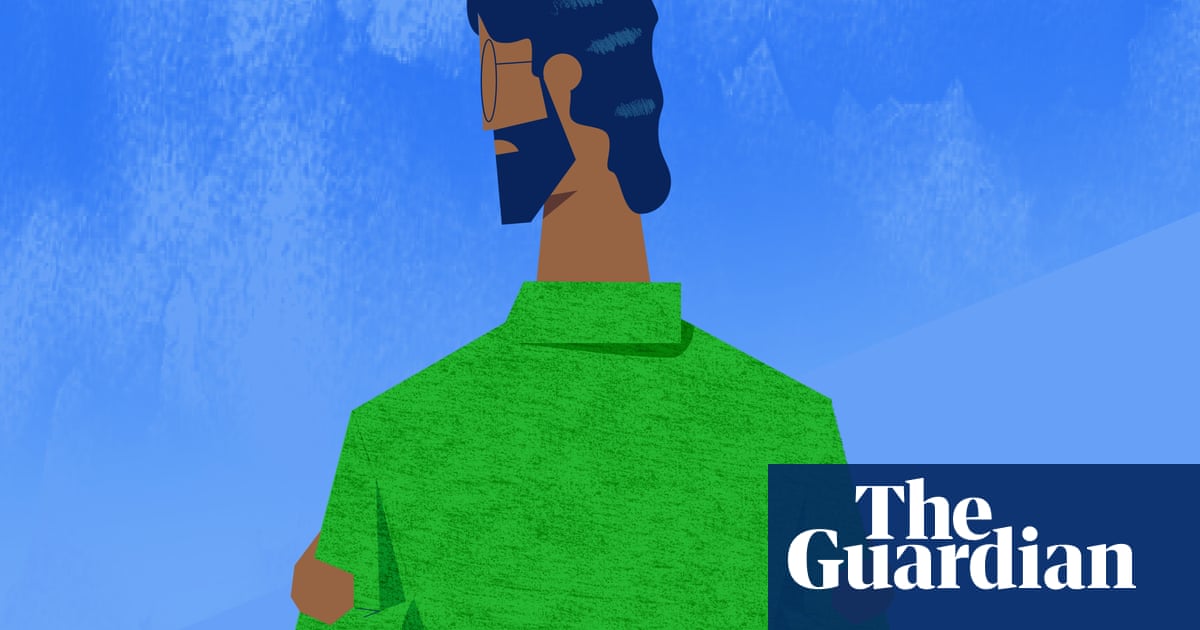A couple of years ago, I moved to a new city.The pandemic put my university plans permanently on hold,and I’ve recently startedworking fulltime. I built up a sizeable network of online friends during and after the pandemic,but I’ve found myself craving real-life friends to interact with more often.
Idon’t drink and I’m struggling to find activities for people my age that I’m interested in. Apart from a fewat my job, I haven’t been able to make any new friends, and my contact with old school friends has become less and less frequent.
I’m struggling to find a solution.I’ve tried friend-finding and dating apps,but have had almost noresponses and I’m getting demoralised. How do you make friends in a situation like this?
Your early 20s can be a strange time for friendships. People leave formal education, start jobs and start or end significant relationships. It’s a time of flux, when you feel your whole life is ahead of you, yet also like it’s never going to start. There’s a lot of jostling for position and how to define yourself.
Increasingly, I’m getting letters like yours from early twentysomethings, so you’re not alone. An online life has its place, but we are social animals and need social interaction. I went to the UK Council for Psychotherapy-registered therapist Jason Maldonado-Page, who remembers “feeling the same way as you do when I moved to London in my mid-20s”, adding that it’s a theme that comes up a lot in his clinical work as cities can be lonely places. He reiterates that your 20s can be a time of great change, and things like “new careers, intimate relationships and, for some, the birth of a child can take time and focus, and can be a hindrance to making and sustaining friendships. For many of us, friendships are not like on TV, where people live nearby and pop in unannounced.” It’s important to remember: in a world obsessed with portraying the ideal or the terrible, expectations must be realistic.
A reader shared a phrase I like, which is that you can have “friends for a reason, friends for a season, or friends for life”, and I think that’s true. Friendships until this point have probably been circumstantial – you were bound together by proximity – but now they have to be worked at.
I think there’s this idea that friendships should just happen, but they need input and confidence (everyone is scared of rejection and this can hold us back). People also presume everyone else is having a great time and has lots of friends, but even “popular” people get lonely (sometimes the busiest people are the loneliest)
Sign up toInside Saturday
The only way to get a look behind the scenes of the Saturday magazine. Sign up to get the inside story from our top writers as well as all the must-read articles and columns, delivered to your inbox every weekend.
after newsletter promotion
Maldonado-Page thinks it is a really good sign that you have built up a sizeable network of online friends. “While I appreciate this is not the same as ‘real-life friends’,” he says, “I am sure you are not alone in wanting more. Could this be a good opportunity to put an appeal out to your online friends for anyone interested in a face-to-face friendship? You may be surprised to find others in your situation.” But if you don’t get any takers – and I know this is easier said than done – don’t take it personally and keep trying. Avoid people who say they don’t need more friends: often they have intimacy issues.
“Friendships develop over time and are not instantaneously constructed,” says Maldonado-Page, “so try to take the pressure off yourself. I’ve also learned, through my lived experience and my clinical work, that the quantity of ‘real friends’ tends to decrease as you get older, but the quality of those fewer friends becomes greater, leading to more fulfilling friendships.”
In my experience, good friendships start with small steps. Ask a colleague if they’d like to go for coffee, or even a walk around the block at lunchtime. Get to know them and see ifyou’dlike to be their friend. Change the focus. It doesn’t have to be about activities – these work for some people and not others; they’re not for me – but remember you could always start something informal. A lunchtime walking group, a once-a-month Saturday brunch club? Invite people to yours? I think formal groups/activities work for some people and not others – they’re not for me and they might not be for you.
Most of all, remember it all takes time, and you have plenty of it.
Every week, Annalisa Barbieri addresses a personal problem sent in by a reader. If you would like advice from Annalisa, please send your problem toask.annalisa@theguardian.com. Annalisa regrets she cannot enter into personal correspondence. Submissions are subject toour terms and conditions. The latest series of Annalisa’s podcast is availablehere.
Comments on this piece are pre-moderated to ensure the discussion remains on the topics raised by the article. Please be aware that there may be a short delay in comments appearing on the site.
